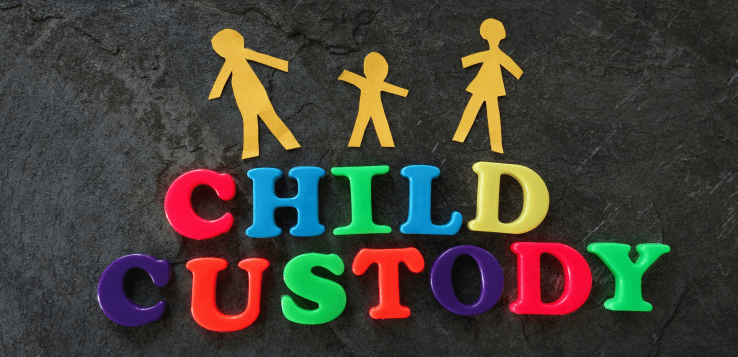It is never an easy decision to pursue divorce, and the process can often be complex and confusing especially when children are involved in the divorce process. Custody of children can be a cloudy issue parents will have to navigate. But is sole legal custody right in your divorce?
Generally, California courts prefer that parents come to an agreement about custody in which they share custodial roles. However, when parents cannot agree, then courts will step in and make custody decisions based on California law expressing factors for a court to consider in determining the best interests of the child. This will result in a custody arrangement that specifies both physical and legal custody terms.
What Is the Difference Between Physical and Legal Custody in San Diego Divorce?
Physical custody refers to where the children spend their time. A judge can grant either sole or joint physical custody, which will determine where children spend their time. Even when a judge grants joint physical custody, it can often be difficult to split time directly in half and children will often end up spending at least a little more time with one parent, who is sometimes referred to as the custodial parent.
Legal custody refers to a parent’s right to make important decisions in the child’s life about things like:
- School
- Medical needs
- Extracurricular activities, including summer activities
- Religious activities
- Where the child will live
Legal custody can also be sole or joint. With joint legal custody, parents will share the ability to make these decisions. In cases where sole legal custody is granted, only one parent will make these decisions and does not need the approval of the other parent.
When Is Sole Legal Custody Awarded in a San Diego Divorce?
California courts prefer that parents share important decisions about their children. However, that may not always be practical given the individual circumstances of your divorce. Courts may award sole legal custody in a variety of situations that might include cases where one parent has a radical approach to health care or religion, or where one parent is substantially absent from a child’s life.
Generally, courts reserve awarding sole legal custody for situations where one parent is potentially unfit to make important legal decisions about their child. In all cases, courts will refer to standards that help them determine what type of custody is in the best interest of the child.
Is Sole Legal Custody Right for You?
Determining whether sole legal custody is the right option for you and your children will depend on your unique circumstances. Your California divorce attorney can help you evaluate various factors that can help you determine whether sole legal custody might be appropriate. However, the decision to pursue sole legal or sole physical custody is ultimately up to you.
If you are considering divorce or have already made the difficult decision to pursue divorce and have questions or concerns about how custody may be decided in San Diego County, contact JWB Family Law to schedule a free consultation where you can find out more information about custody determinations and what they might mean for you.







